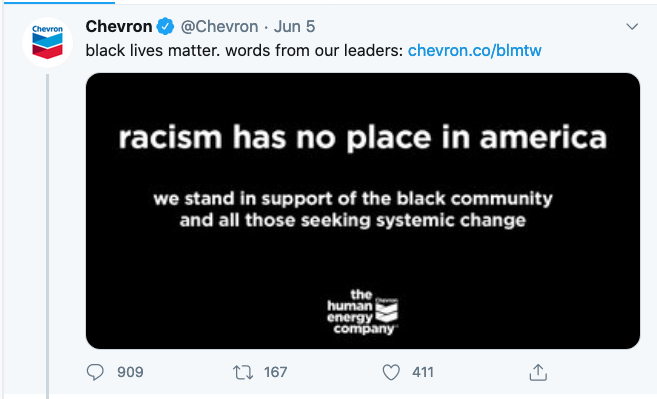
Still no reduction in overall exports of #oil & methane (ie natural) #gas from Russia since its war against #Ukraine, incl via #NordStream1 (c/o S&P Global). Russia did cut gas supply before invasion, not since. Energy traders are driving soaring global prices; not actual supply.
The major oil companies, all of which employ energy traders & make a profit off trading, not just selling, oil & gas, are currently making record profits due to the war. In the U.S., just a few Big Oil companies control oil & gasoline refining, distribution, marketing, & sales.
Thus, U.S. oil companies could be asked to limit gasoline price spikes to demonstrate a desire not to profit off of #RussiaWarOnUkraine. Alternatively, they could be told not to pass the price spike onto consumers by federal and state governments.
The Federal government and almost every state have anti-price gouging laws and laws banning “unconscionable sales practices” which can also be specifically triggered under unique emergency situations. Energy trading can also be brought under tighter regulation.
But, Americans pay shockingly little for #gasoline compared to other nations--a reason why we're the largest global consumer of gasoline, with devastating impacts to human health, the environment & climate; also leaving us at the mercy of fossil fuels & those who control them.
And consumption isn't equal, with wealthier Americans & industry consuming the lions-share of #gasoline (and thus able to afford higher prices). The longterm answer isn't lower prices, rather a transition off fossil fuels, including sustainable energy mass public transportation.
• • •
Missing some Tweet in this thread? You can try to
force a refresh




